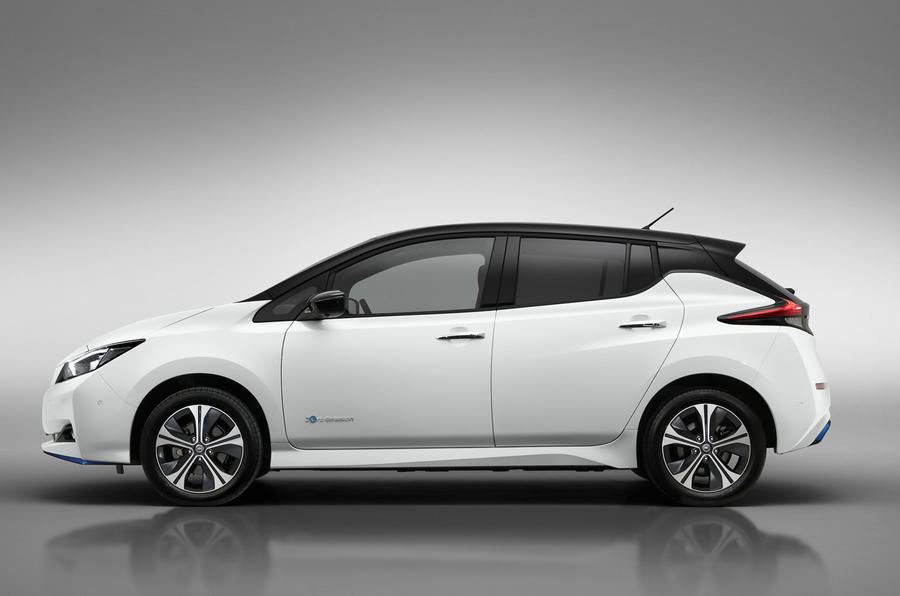Nissan will launch a mainstream extended-range Leaf, following the success of the limited-run model it revealed in January.
The Leaf 3.Zero e+ Limited Edition replaces the standard 40kWh battery pack with a 62kWh unit, yielding a WLTP range of 239 miles – an increase of 62.
Ken Ramirez, Nissan Europe’s sales and marketing boss told Autocar that 1000 orders were taken in the first day and that 3000 had been reached by mid-January. Just 5000 units were allocated for Europe.
“It sold very quickly, and it means we have to recalibrate our total volume expectation for the year," Ramirez said.
“It’s not just a battery but also a high specification. The fact it sold so quickly is a good test of the appetite for this market.”
Ramirez didn't confirm the sales expectation for a full-production-run 62kWh version of the Nissan Leaf but said that he expected the 40kWh Leaf to remain the better seller.
“The knowledge of the consumer means you don’t necessarily have to have higher range,” he explained, adding that range is only consumers' third purchase consideration, behind the car's specification and green credentials.
Talking about Nissan's UK sales last year, which fell 32% year on year, Ramirez said: “Our UK performance is particularly affected by a number of elements. But from an EV perspective, we are number one in the UK, with a 36% market share. That gives an indication of where we’re going.”
Nissan is due to launch an electric SUV in 2020, inspired by the IMx concept shown in 2017, as it strives to keep its position as leader of the EV market amid a host of companies launching competitors, including the Hyundai Kona Electric and Kia e-Niro.
Read more
Nissan Leaf review
Nissan Leaf long-term test: final report





Join the debate
Add your comment
Range
I also think that Nissan are kidding themselves when they say range isn't that important to drivers. With our poor charging infrastructure and the fact that even WLTP is optimistic for real world winter range, we need all the range we can get.
@Tappers
We keep getting promised new battery tech, but it seems that is about as forthcoming as a cure for the common cold.
Ok, if you KNOW, if you are damn sure you'll never venture more than a set distance from the comfort of your garage wall charger then you could perhaps manage. But never say never, and as you say, the more range the better is surely a more logical standpoint.
Lol Bobcat
Car + heavier battery pack = heavier car.
Does that explain it...?
@Bob Cat Brian